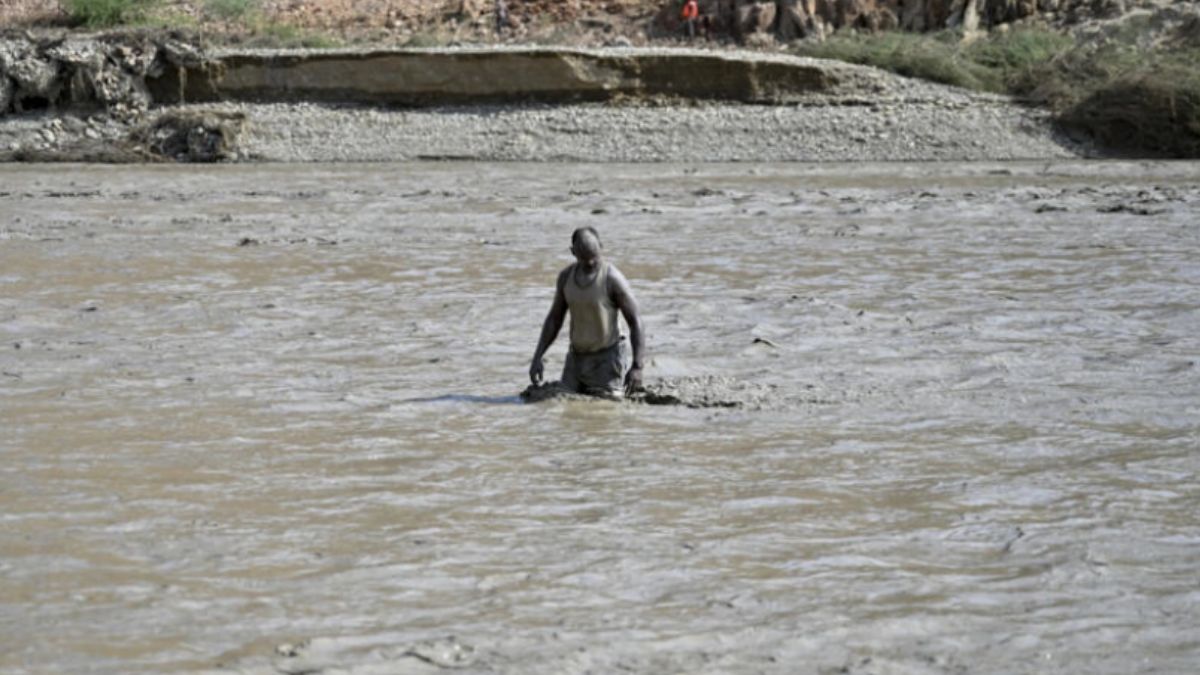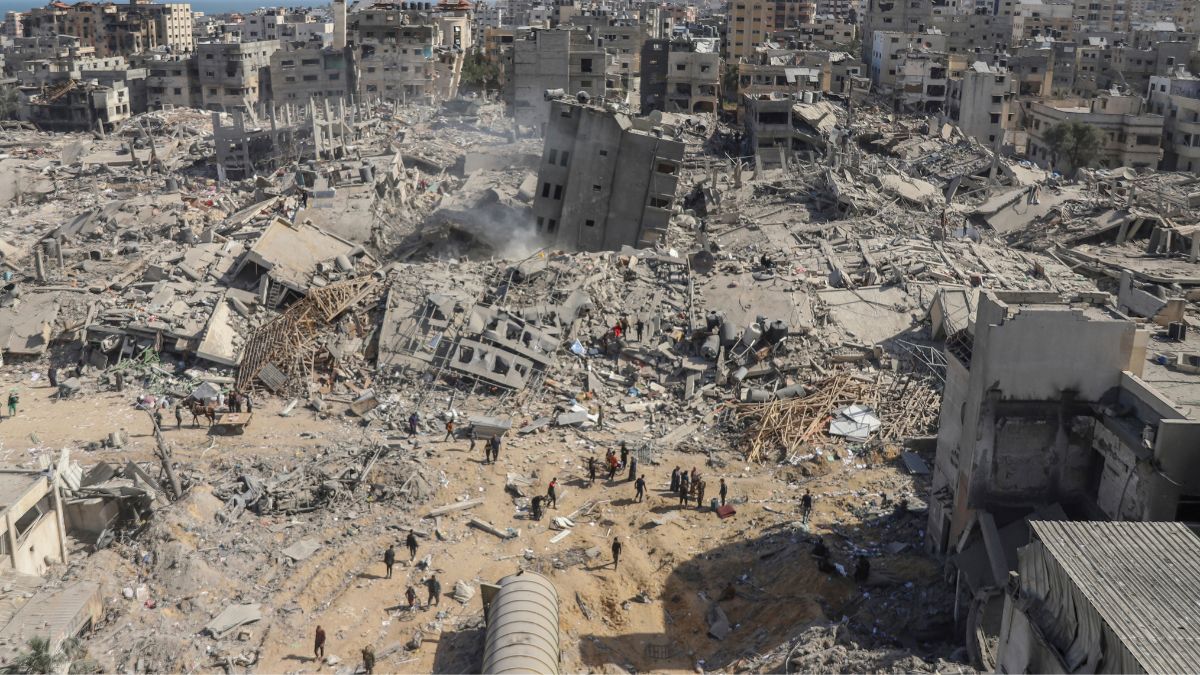Amid fears of a direct Israel-Iran conflict, CIA chief William Burns has said that while the agency believes neither country wants an all-out war, there is a real risk of miscalculations leading to a conflict read more
)
CIA chief William Burns (Photo: Reuters)
The US intelligence community has assessed that Israel and Iran do not want war, but miscalculations may still lead to conflict, said CIA Director William Burns.
The comment comes at a time when Israel is said to be preparing to respond to last week’s missile attack by Iran. While the United States has called upon Israel to avoid striking Iranian nuclear facilities, there have been reports that said Israel has not given assurances.
Speaking at a session at the annual Cipher Brief conference, Burns said that even as the United States believes that Israel and Iran do not seek “all-out conflict”, there is a “very real danger of a further regional escalation of conflict” because of “misjudgements”, according to CBS News.
Burns said that Israel’s leadership was “weighing very carefully” how it would respond to Iran’s attack. As for miscalculations potentially leading to conflict, he said that the “Middle East is a place where complicated stuff happens all the time.”
Burns has played a leading role in the US efforts to prevent a full-fledged war between Israel and Iran. He has also led US efforts to facilitate a ceasefire and hostage deal between Israel and Hamas.
In what appeared to be a thinly-veiled remark at Israeli Prime Minister Benjamin Netanyahu’s new conditions that stalled talks for a ceasefire and hostage deal, Burns said that the deal depends upon political will. He said that leaders need to make compromises with long-term interests in mind.
“What’s at stake in Gaza is shaped by political will. In the end, it’s not just about brackets in texts or creative formulas when you’re trying to negotiate a hostage and ceasefire deal. It’s about leaders who ultimately have to recognise that enough is enough, that perfect is rarely on the menu, especially in the Middle East and then you’ve got to go make hard choices and some compromises in the interest of a longer-term strategic stability as well,” said Burns.
While Hamas was said to be receptive to the Israel-approved ceasefire and hostage release proposal floated by US President Joe Biden in May, Netanyahu in July added four conditions to the proposal that stalled the talks. These included the most contentious demand to retain control of the Philadelphi Corridor, the strip of land along the Gaza-Egypt border.
Burns further said that they had “come close at least a couple of times” to a deal but the deal remained elusive in the end.
As for Iran, Burns said that last week’s attack exposed some of Iran’s limitations but noted that “that’s not to suggest that those capabilities are still not quite potent and something that not only Israel, but the United States, needs to take very seriously, too”.
Burns acknowledged that Iran is currently “much closer” to building a nuclear weapon but also said that “we do not see evidence today that the Supreme Leader has reversed the decision that he took at the end of 2003 to suspend the weaponisation program”.
Previously, top US officials have said that the Iranian nuclear programme is at a state where, once Supreme Leader Ayatollah Ali Khamenei approves the building of the nuclear weapon, Iran may build the weapon in a matter of weeks or months.

 1 month ago
9
1 month ago
9
)
)
)
)
)
)
)
)
)
)
)
)
)
)
)
)
)
)
)
)
)
)
)
)
)
 English (US) ·
English (US) ·